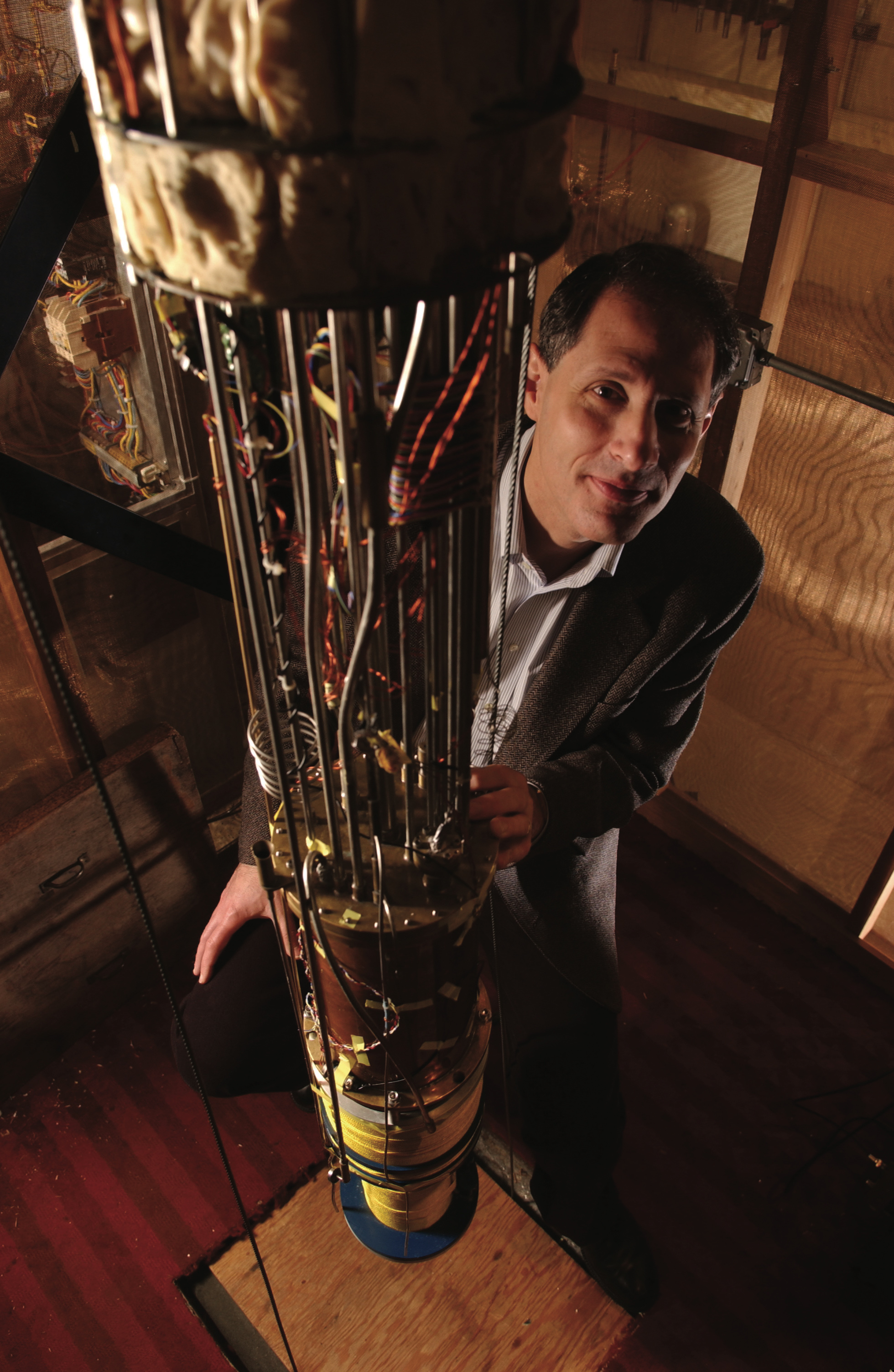March 31-April 3, 2022
University of Chicago
Maria Goeppert-Mayer Lecture Hall (KPTC 106)
About Tom | Schedule | Registration | Location | Hotels | Attendees
Thomas F. Rosenbaum was born on February 20, 1955 in New York City. He received his BA from Harvard in 1977 and his Ph.D. from Princeton in 1982, performing his thesis work at Bell Laboratories, Murray Hill. In 1983, after a visiting position at IBM Watson Research Center, he joined the University of Chicago Department of Physics. There he rose through the academic ranks to become the John T. Wilson Distinguished Service Professor. Tom’s thesis and postdoctoral work earned him the inaugural William McMillan Award. He is an elected fellow of the American Physical Society, the American Association for the Advancement of Science, and the American Academy of Arts and Sciences.
Tom has also had a distinguished career in academic administration. At Chicago, he served as Director of the Materials Research Center, the Director of the James Franck Institute, and Vice President for Research and for Argonne National Laboratory. In 2007, he was appointed Provost of the University of Chicago, moving to Pasadena in 2014 to become President of the California Institute of Technology. He has served on the Secretary of Energy’s Advisory Board, the Board of Directors of the Bulletin of the Atomic Scientists, and the Santa Fe Institute Science Board, and he presently serves on the Boards of Argonne National Laboratory, the Aspen Center for Physics, the Society for Science & the Public, the Consortium on Financing Higher Education, and the Los Angeles World Affairs Council.
Tom’s research is in low-temperature solid-state physics. He has advanced experimental techniques at milliKelvin temperatures by developing hydrostatic pressure, stress, magnetometry, and calorimetry methods for high-resolution studies and complemented these dilution refrigerator experiments with synchrotron x-ray measurements in diamond anvil cells. He was one of the first experimentalists to understand the significance and ubiquity of quantum phase transitions that span magnetism to metal-insulator transitions to exotic superconductivity. His work helped to put these transitions on a similar footing to their classical analogues. He established the nature of the metal-insulator transition in doped semiconductors and correlated materials, and demonstrated macroscopic anisotropy of non-s-wave superconductivity in heavy-fermion compounds. He performed the first quantum annealing experiments in an experimental realization of the transverse-field Ising model, tuning quantum fluctuations in magnetic systems and elucidating the macroscopic manifestations of quantum mechanics.
